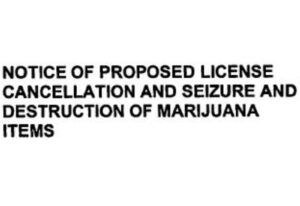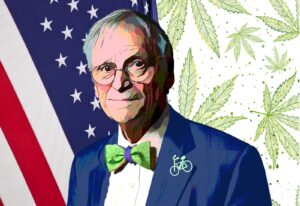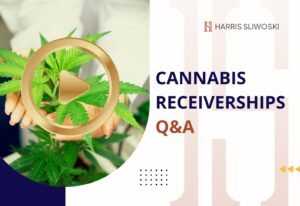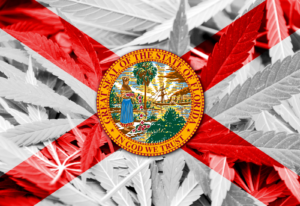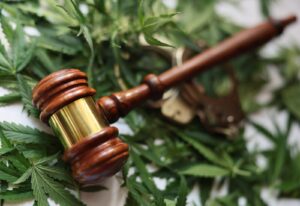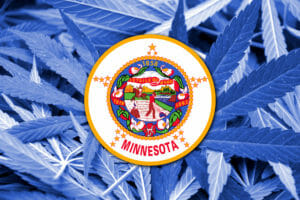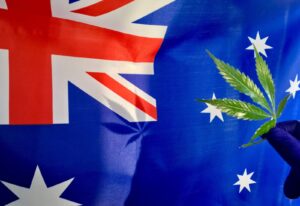There has been so much talk from the Food and Drug Administration (“FDA”) around cannabidiol (“CBD”) regulations that it makes one’s head spin. For years everyone has wondered when, or even if, the FDA would propose and adopt CBD regulations. To date, while taking input from the public on the topic, the FDA mostly has engaged in enforcement, sometimes in tandem with Federal Trade Commission (“FTC”), against CBD retailers. Now though, it sounds like FDA is serious about CBD regulations in the context of both food and supplements.
A little CBD history
Until recently, CBD resided in a legal penumbra where hemp was still scheduled on the federal Controlled Substances Act and could not be cultivated without a permit from the Drug Enforcement Administration (“DEA”). With the passage of the 2014 Farm Bill, CBD derived from hemp — if cultivated pursuant to a state research pilot program — got a little bit of precarious legal cover. None of that stopped the FDA from taking the position that CBD is not a supplement, and that it cannot be an ingredient in food and beverages for humans or pets without violating the Food, Drug & Cosmetic Act (“FDCA”). And marketing any bodily or curative effects of CBD was (and still is) off limits. Accordingly, the FDA routinely sent out enforcement letters to a variety of CBD retailers.
2018 Farm Bill
In 2018, the federal government legalized hemp and all of its derivatives, including CBD, with the passage of the Agriculture Improvement Act of 2018 (better known as the “2018 Farm Bill”). The 2018 Farm Bill didn’t regulate CBD though. Instead, it recognizes FDA’s authority to regulate products containing hemp-derived products, including CBD. Moreover, Congress has repeatedly urged the FDA to complete the rulemaking process to solve the proliferation of CBD products, particularly for foods and dietary supplements, that are being sold in apparent violation of the FDCA. Yet, since the passage of the 2018 Farm Bill, the FDA has yet to adopt formal regulations, and it’s still sending out those enforcement letters (with FTC active, too).
States do their own thing
An interesting and complicating factor is that despite the FDA dragging its feet around CBD, various states have decided to proceed with their own CBD regulations for food and beverages. A multitude of states now allow CBD in food and drinks for consumption by humans and animals.
The future of FDA CBD regulations
In a Wall Street Journal interview released on December 27, 2022, FDA “agency officials” stated that ” . . . the FDA will decide within months how legal cannabis should best be regulated and whether that will require new agency rules or new legislation from Congress . . .” This decision though is only going to come after the FDA fully studies the effects of consuming CBD via food and supplements. And the decision is an important one because, among other things, it will likely inform us all whether or not CBD can be used safely (according to the FDA) in food and supplements; or whether it must be treated as a drug (and, therefore, go through clinical trials for lawful use).
It’s not like the FDA is unaware of the massive unregulated CBD market that already exists in the U.S. So, trying to shoehorn CBD into the “drug” category of FDA regulation may be difficult. For now, according to this WSJ interview, “the agency is focusing enforcement efforts on products that pose an immediate public-health risk, such as candies that could be accidentally eaten by children, or products meant to be consumed by food-producing animals.”
What lies ahead for FDA and CBD regulation
Ultimately, whatever the FDA finally decides on the regulatory or legislative recommendation front, a bomb will drop in the existing CBD industry.
If the FDA decides to regulate CBD for foods and supplements, we can expect a painful transition in the CBD realm where companies may either: 1) exist in a state of conflict between current state laws and FDA regulation or 2) come into compliance with FDA regulation. Option 2 would likely be hugely expensive: we would see increased business failure as well as market consolidation.
Alternatively, the FDA may determine that CBD cannot be safely consumed in food and supplements. However, any kind of FDA regulation will undoubtedly open the floodgates for business investment, including even larger players (food or pharma companies, for example) coming into the space to try to generate some market share. It’s really anyone’s guess about what lies ahead. So, stay tuned!















